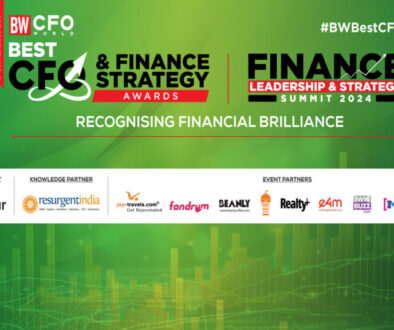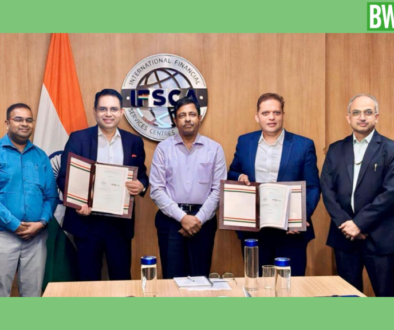Lack Of Climate Risk Expertise And Data Are Main Obstacles: Report
Eighty-two percent of companies have had some form of Board-level discussion on the financial impact of climate change to their business. 73 per cent have Board-level or CEO-level oversight of climate risk
With Asia being one of the most vulnerable regions to climate change, companies in India are increasingly aware of the financial impact of climate change. However, they require the right expertise in managing climate risks, a conducive regulatory environment, and better data availability to undertake climate-related financial reporting, according to a survey conducted by advisory, broking, and solutions firm WTW.
The study also found:
· Eighty-two percent of companies have had some form of Board-level discussion on the financial impact of climate change to their business. 73 per cent have Board-level or CEO-level oversight of climate risk.
· Sixty-four percent of companies consider climate change under their Sustainability Agenda, 43 per cent under Corporate Strategy, 43 per cent under Risk Management and 32 per cent under Finance. This shows an improving understanding of the key business functions for assessing climate-related financial risks and opportunities.
· Sixty-one percent of companies have processes in place for identifying, assessing, and managing climate-related risks.
· More than half of the companies (53 per cent) are having active or limited internal discussions to disclose under the TCFD (Task Force on Climate-Related Financial Disclosures) framework.
· Half of the companies have set carbon emissions commitments, while the other half are unsure about the same. Amongst those who have set carbon emissions commitments, slightly less than half (43 per cent) aim to reach net zero carbon emissions by 2032.
In 2021, The Securities and Exchange Board of India (SEBI) have mandated an ESG (Environment, Social and Governance) reporting structure called Business Responsibility and Sustainability Report (BRSR) with effect from FY 2022-23, making it necessary for the top 1000 listed companies to report their sustainability performance. BRSR is benchmarked to global frameworks such as TCFD, GRI (Global Reporting Initiative) and SASB (Sustainability Accounting Standards Board). With the top 1000 listed companies in India obliged to undertake climate financial reporting based on recommendations by BRSR, the state of readiness is varied.
In addition, the study reveals that investors/lenders (75 per cent) and regulators (64 per cent) are the top two audiences of climate-related disclosures for companies. This is due to the increasing need for such disclosures for prudent investment management and for companies to comply with current and anticipated regulations. Respondents have indicated that the key barriers to wide-scale adoption of climate-related disclosure frameworks, especially TCFD, are high costs of assessment, lack of regulatory mandate, insufficient data and standardised metrics, and shortage of inhouse capabilities.
Closely linked to these challenges are areas where companies need support on reporting under TCFD. One in five companies see scenario modeling as a key area where advice and external support is needed. Other key areas of support sought include setting the TCFD format and approach (39 per cent), physical risk assessment (36 per cent) and transition risk assessment (36 per cent).
Sustainability, risk management and corporate strategy, closely supported by the finance function, are the business units that often take the lead on climate-related financial risks and opportunities. This highlights the importance of multiple functions working together to assess climate-related transition, physical and liability risks and opportunities, understand their financial impacts and source the required investments to fund actions for an organisation’s climate journey.



